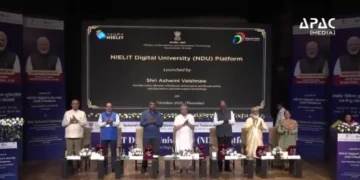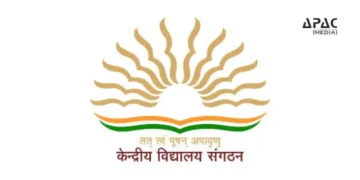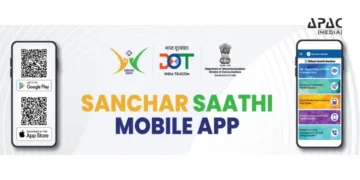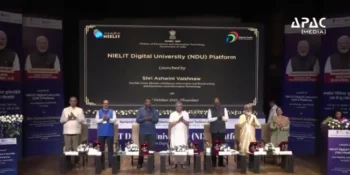New Delhi: The Telecom Regulatory Authority of India (TRAI) on 3 October released its recommendations on “Formulating a Digital Radio Broadcast Policy for Private Radio Broadcasters,” setting the stage for the rollout of digital radio services in India.
The framework covers terms, conditions and reserve prices for launching services in four A+ category cities, Delhi, Mumbai, Kolkata and Chennai, and nine A category cities, including Hyderabad, Bengaluru, Ahmedabad, Surat, Pune, Jaipur, Lucknow, Kanpur and Nagpur.
The policy proposes that new broadcasters begin services in simulcast mode, allowing one analogue, three digital and one data channel on the same frequency. Existing FM broadcasters will also be given a voluntary option to migrate to simulcast mode, with a six-month window post-auction to exercise this choice. Migration fees will be based on the difference between the auction price and the proportionate entry fee already paid.
TRAI has recommended adopting a single digital radio technology standard in VHF Band II and urged the government to consult broadcasters and device makers before final selection.
The auction-based spectrum assignment will follow the Telecommunication Act, 2023, with authorisation periods set at 15 years. Revenue sharing has been proposed at four per cent of Adjusted Gross Revenue (AGR) for most cities and two per cent for border, hilly and island territories for the initial three years.
Reserve prices for simulcast spectrum have been specified, ranging from Rs 194.08 crore in Mumbai to Rs 20.52 crore in Kanpur. TRAI has also suggested new authorisations for “Radio Broadcasting Infrastructure Providers” to support digital infrastructure sharing, while urging Prasar Bharati to offer land and tower assets at concessional rentals.
A high-level steering committee, comprising representatives from the Ministry of Information and Broadcasting (MIB), the Ministry of Electronics and IT, radio broadcasters, device manufacturers and technology providers, has been recommended to monitor digital receiver availability and market dynamics.
TRAI highlighted that digital radio will offer superior audio quality, multiple channels per frequency, and value-added services, creating opportunities for broadcasters and greater choice for listeners.






























































Discussion about this post